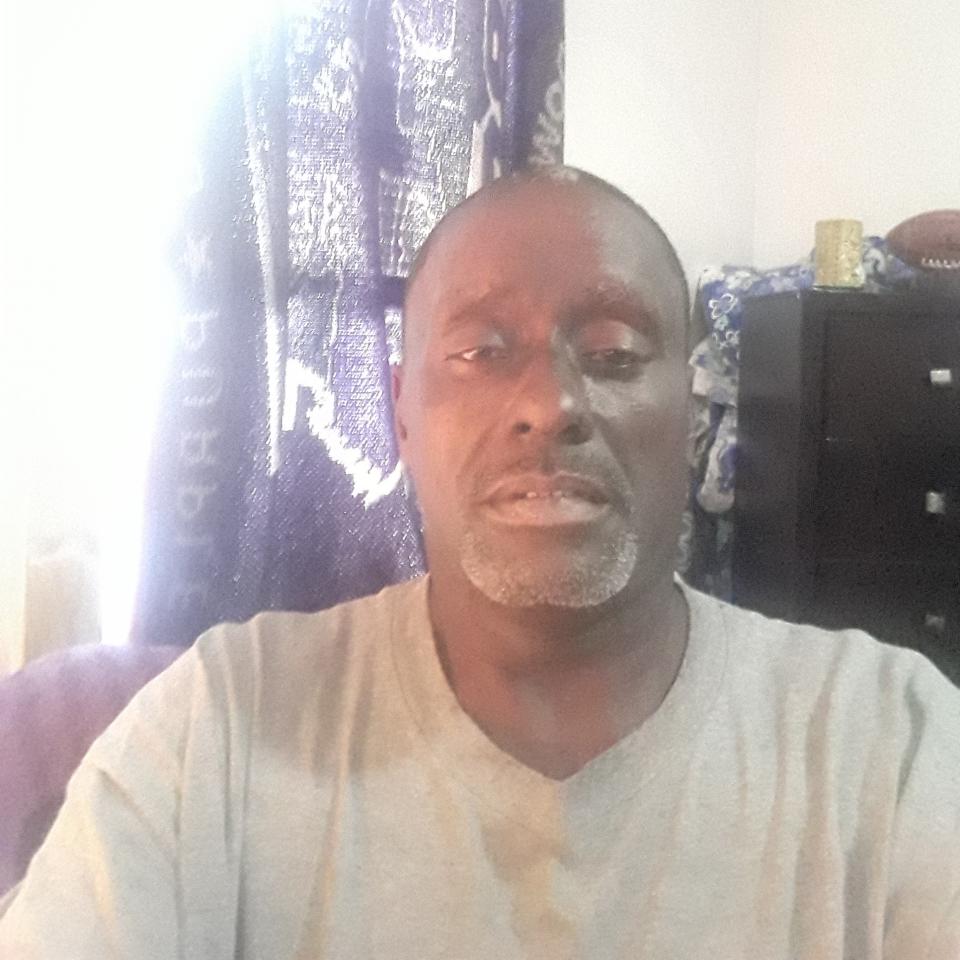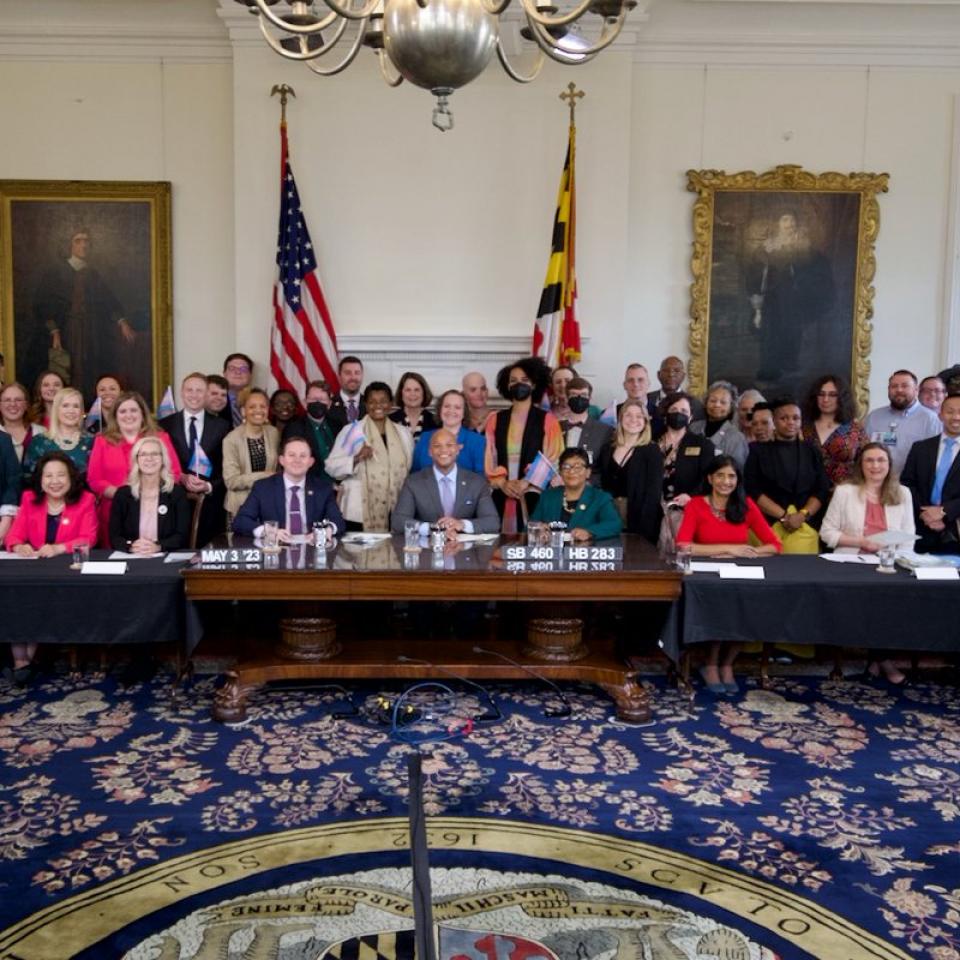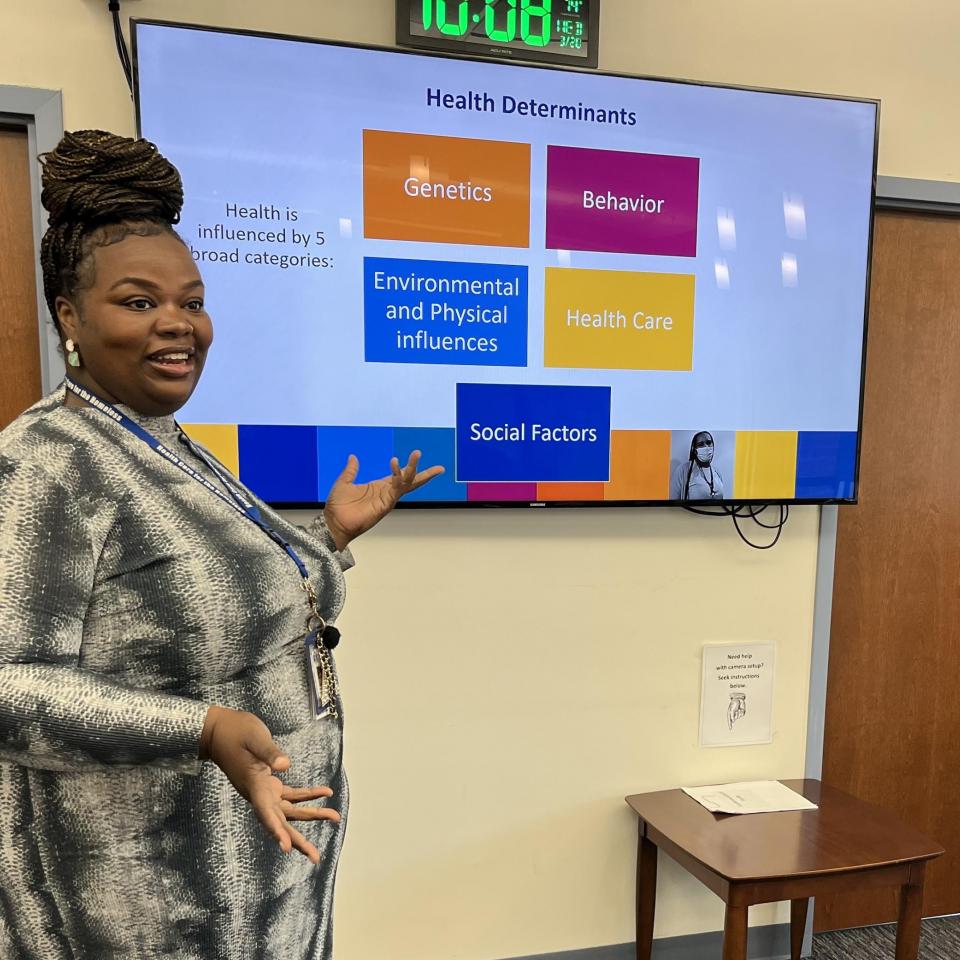Client storytelling is a staple of the nonprofit business model, ever present in advocacy, clinic tours, fundraising—and news articles like the one you are reading right now.


07.23.20
Have you made any changes during the pandemic that you’ll carry forward? For us, providing care over the phone to clients like Antonio Barnes has been a major breakthrough.
Before COVID-19, Antonio was a regular at our Medication Assisted Treatment (MAT) group where he looked forward to therapy, Suboxone and peer support in facing over 20 years of depression and substance use.
“When MAT shut down, I was like, ‘WOW, I really miss the group,’” Antonio says. “But I had my Suboxone and my other medications. And two weeks later I got a call about telehealth. We didn’t miss a beat.”
Jan Ferdous, LCSW-C, Director of Behavioral Health and Antonio’s therapist agrees. “We rolled right into it. At a time when depression and anxiety are high, I can’t imagine clients being without support from providers they trust.”
As the pandemic continues, we’re learning that telehealth is more than just a good public health practice; it’s an issue of racial and economic justice.
People who can’t afford internet, unlimited data or a car get cut off from the health services and information they need. Outsized risk of chronic conditions like high blood pressure make low-barrier care even more pressing for people of color.
For Antonio, care by phone is a lifeline.
“COVID-19 is really challenging. I call three times a week just to talk to someone who has a plan,” he says.
Antonio has telehealth phone appointments for therapy, psychiatry and medical care. His team of providers talk him through anxieties around COVID-19, managing high blood pressure, substance use recovery and when to ask family for help.
“Every month is getting better,” Antonio adds. “The staff give me the tools to be strong on my own, and everyone is working on one accord to make sure I’m okay.”
More Recent News
The Trans Rights Advocacy Coalition (TRAC) has been the driving force in championing trans rights policy changes in Maryland. Due to stigma and structural discrimination, transgender people—particularly transgender people of color—experience high rates of homelessness. Following the implementation of the Trans Health Equity Act in January, we talked with TRAC leadership about their work and community.
Since starting in January 2022, REI Health Specialist Arie Hayre-Somuah, LMSW, MPH has worked with our clinical teams to identify health disparities and move us closer to health equity. This year, she is turning her focus to the topic of health literacy.
We are delighted to announce the promotion of Hanna Mast from Senior Communications Manager to Director of Communications. Get to know more about her work in the Q&A below!


